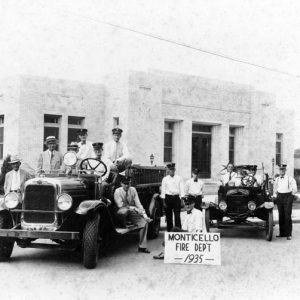 Monticello Fire Department
Monticello Fire Department
Race and Ethnicity: White
 Monticello Fire Department
Monticello Fire Department
Monument to Confederate Women
Moon, Wallace Wade (Wally)
 Wally Moon
Wally Moon
 Wally Moon
Wally Moon
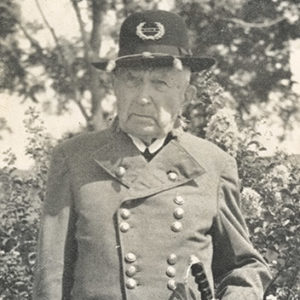 James W. Moore
James W. Moore
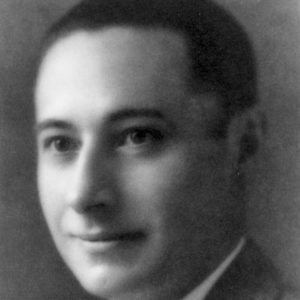 Robert Booth Moore
Robert Booth Moore
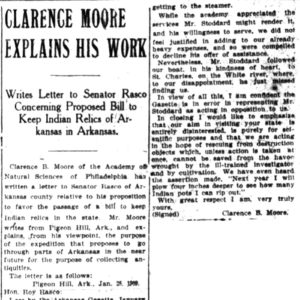 Clarence Moore Article
Clarence Moore Article
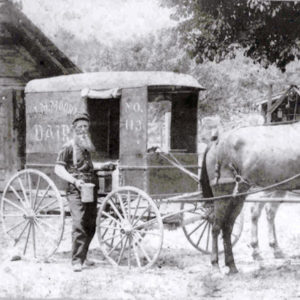 J. M. Moore Delivering Milk
J. M. Moore Delivering Milk
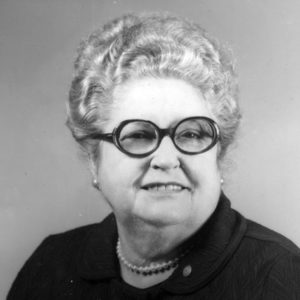 Bessie Moore
Bessie Moore
Moore, Bessie Grace Boehm
Moore, Clarence Bloomfield
Moore, Elias Bryan
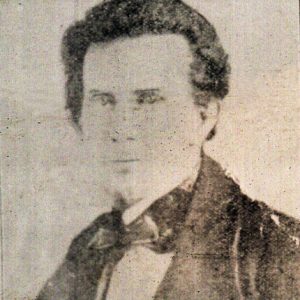 James Moore
James Moore
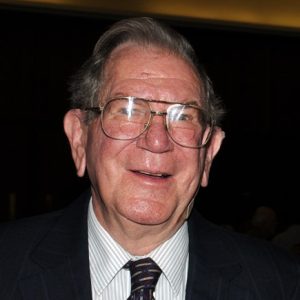 James Moore
James Moore
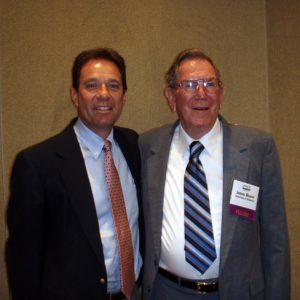 Jim Moore
Jim Moore
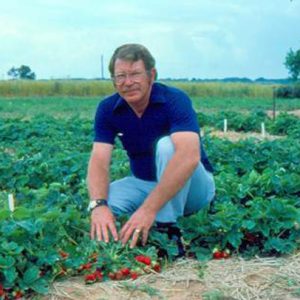 Jim Moore
Jim Moore
Moore, James Norman (Jim)
Moore, Justin Cole
Moorman, Charlotte
aka: Madeline Charlotte Moorman Garside
Moosberg, Carl Avriette
Moose, James Sayle, Jr.
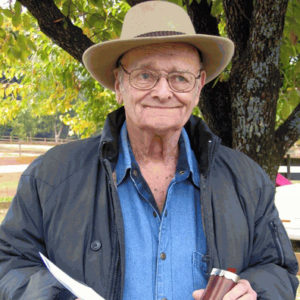 Bill Moran
Bill Moran
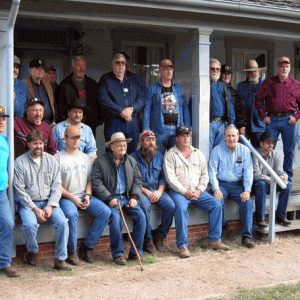 Bill Moran School of Bladesmithing
Bill Moran School of Bladesmithing
Moran, Bill, Jr.
aka: William F. Moran Jr.
Morehart, Henry
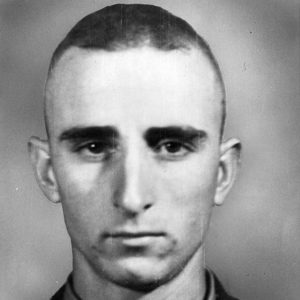 Whitt L. Moreland
Whitt L. Moreland
Moreland, Whitt Lloyd
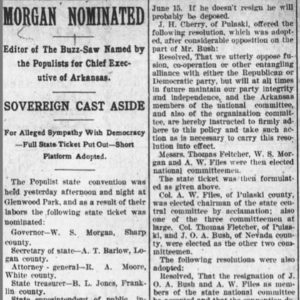 Morgan Nominated
Morgan Nominated
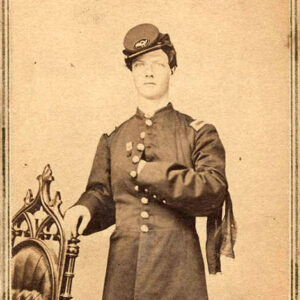 James Morgan
James Morgan
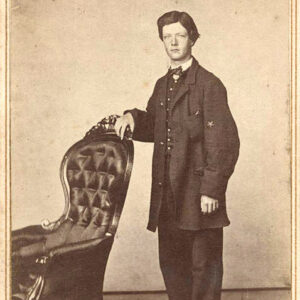 James Morgan
James Morgan
Morgan, Speer
Morgan, Stokeley P.
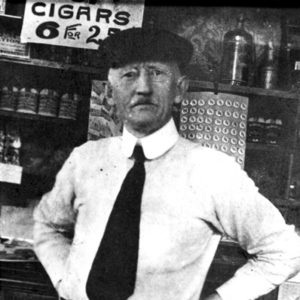 Tom Morgan
Tom Morgan
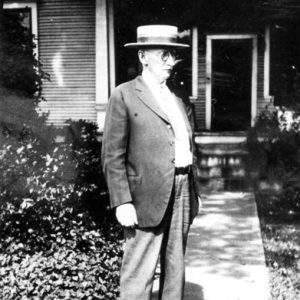 Tom Morgan
Tom Morgan
Morgan, Tom Perkins
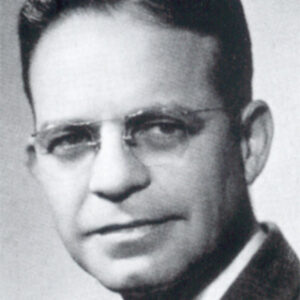 William E. Morgan
William E. Morgan
Morgan, Winfield Scott
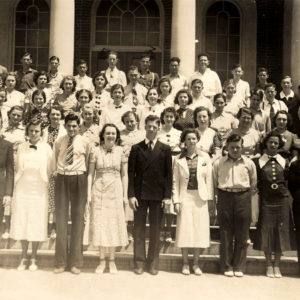 Morrilton Graduates
Morrilton Graduates
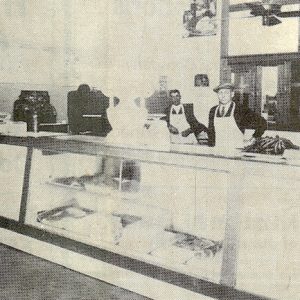 Morrilton Meat Market and Sausage Factory
Morrilton Meat Market and Sausage Factory
 Gilbert Morris
Gilbert Morris
Morris, Gilbert Leslie
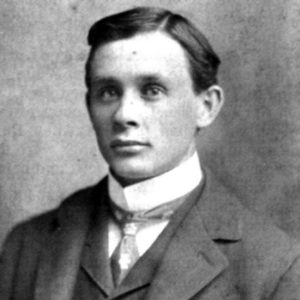 J. W. Morris
J. W. Morris
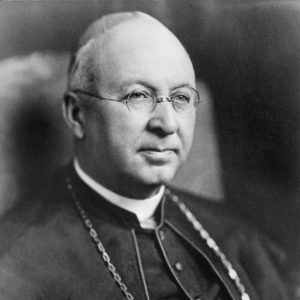 John Baptist Morris
John Baptist Morris
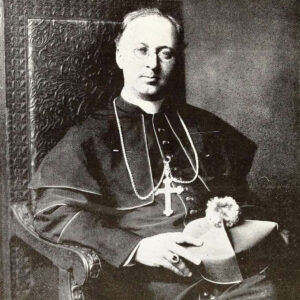 John Baptist Morris
John Baptist Morris
Morris, John Baptist
Morris, John William
Morrison Twin Brothers String Band
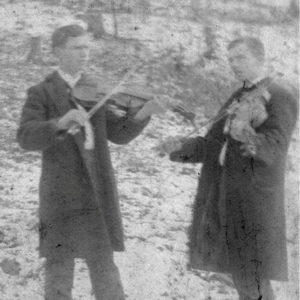 Morrison Twins
Morrison Twins




